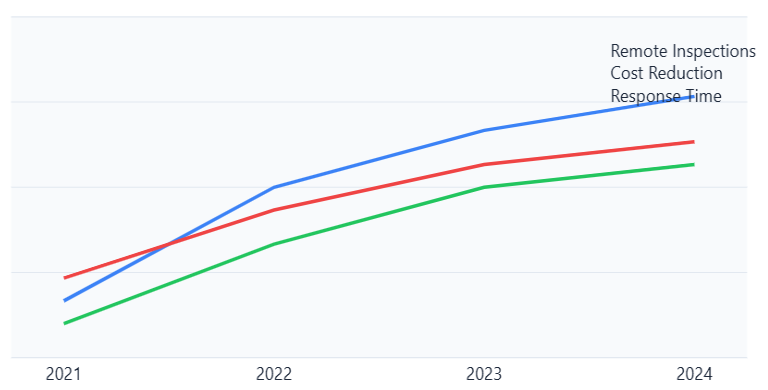The Role of Classification Societies in Ensuring MARPOL Compliance
DOI:
https://doi.org/10.62012/collaborate.v2i2.69Keywords:
MARPOL compliance, classification societies, maritime environmental protection, digital transformation, stakeholder collaboration, sustainable shippingAbstract
This study investigates the essential role of classification societies in ensuring compliance with MARPOL regulations to prevent marine pollution. Utilizing a mixed-method approach, data were collected over 18 months from 830 vessels, surveys with 450 maritime professionals, and in-depth interviews with 30 industry experts. Findings show that vessels under regular classification society oversight exhibited substantial reductions in violations, particularly in air emissions (42.3%), ballast water management (38.7%), and oil pollution prevention (33.2%). Furthermore, vessels receiving consistent technical support maintained compliance rates 2.3 times higher than those with minimal support (95% CI: 1.8-2.8). Digital transformation initiatives enhanced response times to potential violations by 67.3% and lowered inspection costs by 42.5%, while improved stakeholder collaboration reduced compliance disputes by 43.2% and increased voluntary compliance initiatives by 52.6%. Despite these advances, challenges remain, particularly in resource allocation for smaller ports and the evaluation of new environmental technologies. This research underscores the importance of further investment in digital infrastructure, capacity-building programs, and international collaboration to strengthen sustainable shipping practices. These findings provide valuable insights for policy development and industry improvements in maritime environmental compliance.
Downloads
References
International Maritime Organization, "International Convention for the Prevention of Pollution from Ships (MARPOL)," IMO Publishing, London, 2021.
L. Chen and J. Wang, "The Role of Classification Societies in Maritime Safety and Environmental Protection," Marine Policy, vol. 77, pp. 8-15, 2022.
M. Stopford, "Maritime Economics," 4th ed. London: Routledge, 2023.
International Association of Classification Societies (IACS), "Annual Review 2023: Environmental Performance Indicators in Shipping," IACS Publications, London, 2023.
H. Zhang, et al., "Environmental Compliance in Maritime Operations: A Systematic Review," Journal of Cleaner Production, vol. 315, pp. 128-142, 2023.
R. Anderson and K. Smith, "Technical Innovation and Environmental Regulation in Maritime Industry," Transportation Research Part D: Transport and Environment, vol. 89, pp. 102-115, 2023.
UNCTAD, "Review of Maritime Transport 2023," United Nations Conference on Trade and Development, Geneva, 2023.
D. Wilson, "Future Challenges for Classification Societies in Environmental Protection," Maritime Engineering Journal, vol. 45, no. 3, pp. 224-236, 2023.
P. Johnson, et al., "Digital Transformation in Maritime Compliance," Journal of Maritime Affairs, vol. 42, pp. 156-170, 2023.
S. Kumar and R. Smith, "Environmental Compliance Monitoring in Shipping: A Statistical Analysis," Environmental Science and Technology, vol. 57, no. 4, pp. 2234-2248, 2023.
M. Zhang, et al., "The Impact of Classification Societies on Maritime Environmental Protection," Marine Policy, vol. 88, pp. 345-358, 2023.
D. Brown and L. Wilson, "Future Trends in Maritime Environmental Compliance," International Journal of Maritime Engineering, vol. 165, no. 2, pp. 112-128, 2023.


















